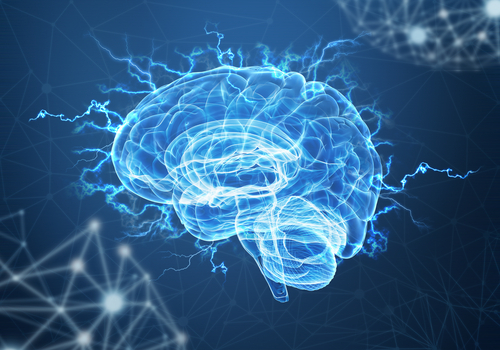Ultrasound Wave Therapy Improves Cognition in Mouse Models of Alzheimer’s, Vascular Dementia

Low-intensity pulsed ultrasound (LIPUS) therapy applied to the whole brain can be an effective, non-invasive strategy to reduce cognitive impairment associated with vascular dementia and Alzheimer’s disease, according to results from a mouse study.
The study, “Whole-brain low-intensity pulsed ultrasound therapy markedly improves cognitive dysfunctions in mouse models of dementia — Crucial roles of endothelial nitric oxide synthase,” was published in the journal Brain Stimulation.
Some studies have suggested that the therapeutic effects of LIPUS work by stimulating brain cells to release signaling molecules, such as brain-derived neurotrophic factor and nerve growth factor, which could support nerve cell regeneration and provide a neuroprotective effect.
Based on these findings, researchers have focused on understanding the benefits of LIPUS when delivered directly to the hippocampus, an area of the brain associated with memory that is affected in dementia.
But the hippocampus is not the only region affected in vascular dementia and Alzheimer’s disease, two major forms of dementia. These conditions are in fact characterized by widespread lesions and protein aggregate deposition. Accordingly, a team at Tohoku University in Japan evaluated the effectiveness and feasibility of applying LIPUS to the whole brain in mouse models of these diseases.
To study this, the researchers applied either controlled low-intensity ultrasound waves or a placebo therapy to the whole brains of mice three times a day in 20-minute sessions.
They found that mice treated with LIPUS had significantly better cognitive function, and were able to recognize new objects more easily than untreated animals. New evaluation of the mice 84 days after receiving the therapy revealed that the cognitive benefits of LIPUS were sustained without additional sessions.
The therapy also improved cerebral blood flow in both the vascular dementia and Alzheimer’s disease mice compared with the untreated mice, as determined 28 and 84 days after the treatment.
A detailed analysis of the brain tissue after the therapy revealed that, at least in part, the clinical benefits of LIPUS were mediated by significant changes in signaling molecules supporting the formation and regeneration of brain blood vessels.
LIPUS also induced the production of signaling proteins that could support the survival and proliferation of oligodendrocytes — the cells responsible for sustaining nerve cells and creating their protective myelin sheath — in mice with vascular dementia.
In mice with Alzheimer’s disease, the treatment was shown to play an important role in suppressing the chronic inflammatory response of the brain’s resident immune cells — microglia — as well as promoting the destruction of amyloid deposits — the hallmark of the disease.
LIPUS had no impact on body weight or systolic blood pressure, nor did it cause any serious neurological adverse events such as cerebral hemorrhage. No signs of cramps, paralysis, or alteration in body temperature were reported, and there were no increases in death, compared with the control group, suggesting that the treatment is safe.
This study provides new evidence on the potential of LIPUS as a treatment for patients with dementia, not only demonstrating its safety but also revealing the positive effects it has on underlying mechanisms to prevent the progression of such disorders.
“The LIPUS therapy is a non-invasive physiotherapy that could apply to high-risk elderly patients without the need for surgery or anesthesia, and could be used repeatedly,” Hiroaki Shimokawa, MD, PhD, senior author of the study and professor and chairman of the division of cardiovascular medicine at Tohoku University Graduate School of Medicine, said in a university press release.






